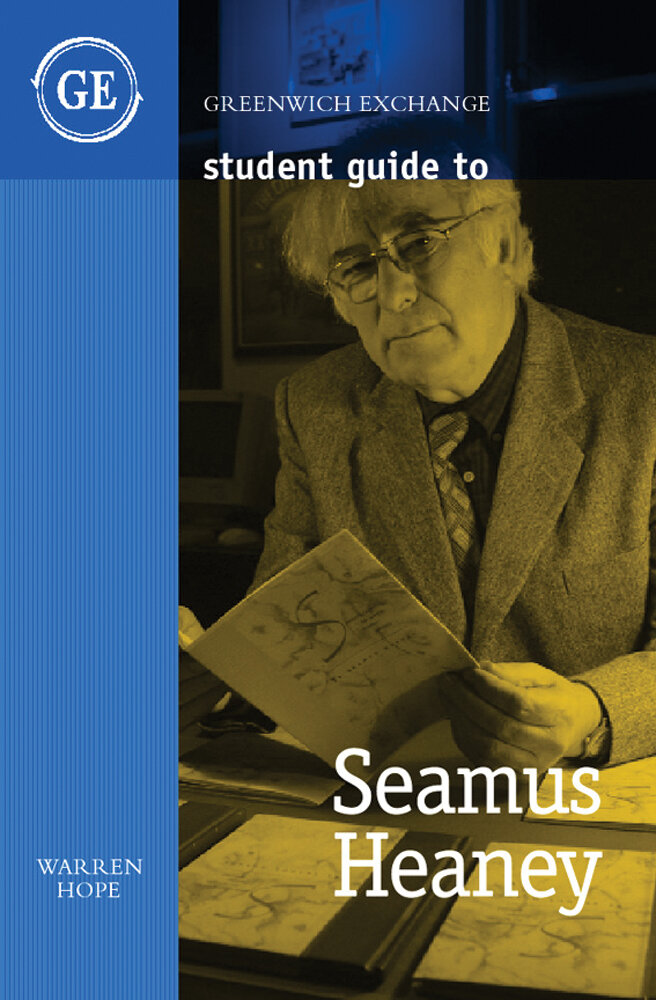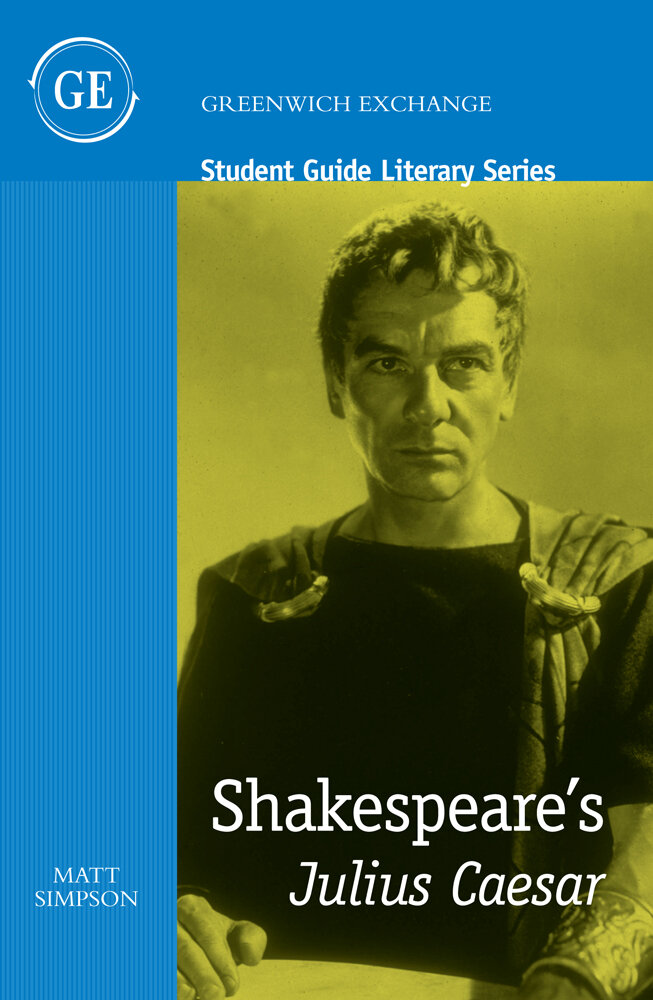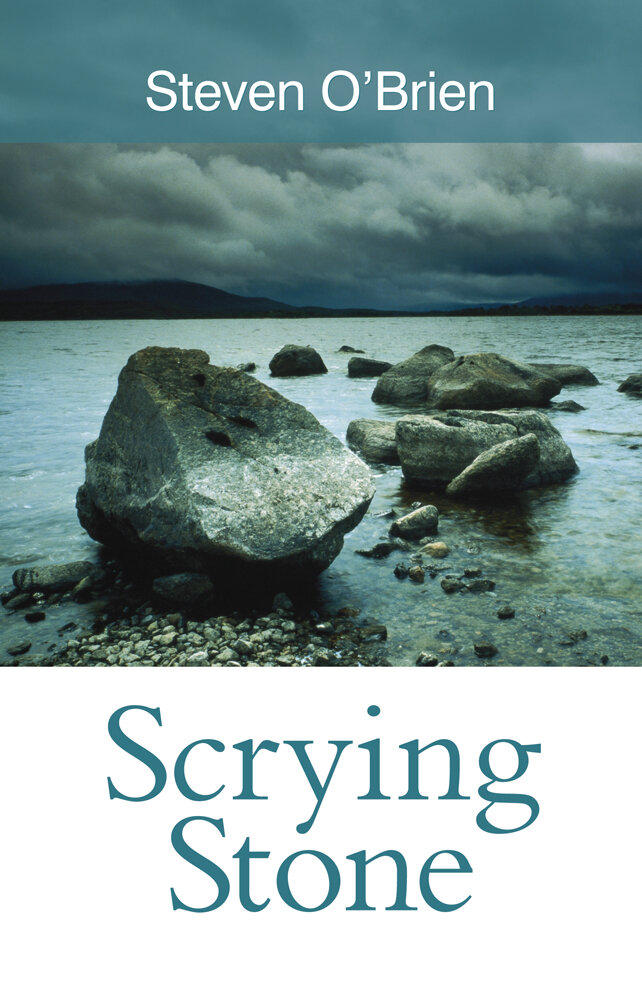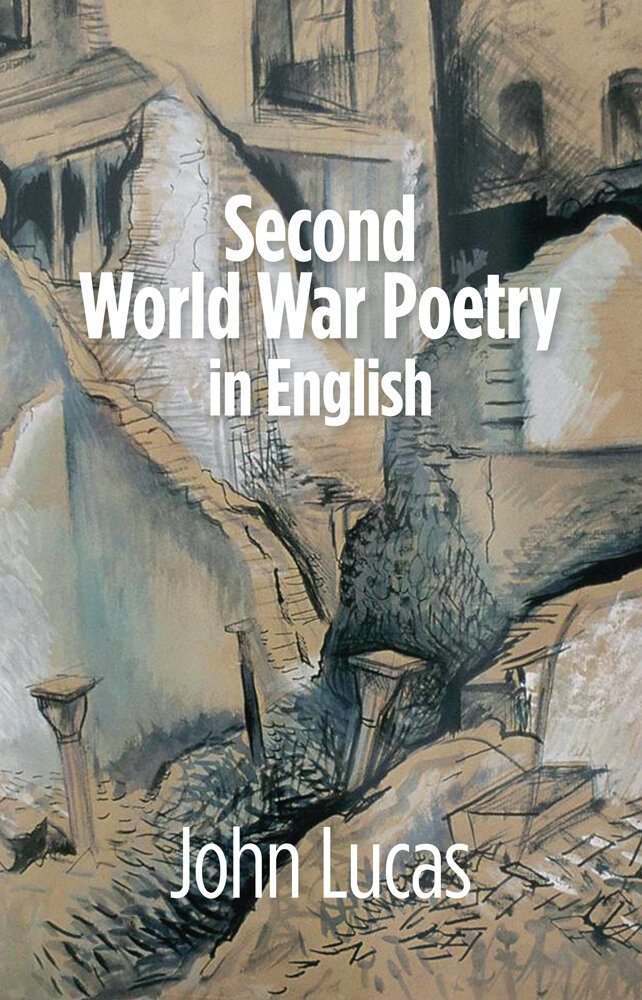 Image 1 of 1
Image 1 of 1


Storytelling: Narratology for Critics and Creative Writers
Storytelling is fundamental to the human experience. Paul McDonald's exploration is for people who want to know more about how stories work. People engage with stories in a variety of ways, and for different reasons: for entertainment, of course, but also to achieve a deeper understanding of the world, and themselves.
Storytelling introduces some of the key issues addressed by narratologists, explaining the more useful terminology and concepts, and applying them to fictional texts that are commonly studied on literature courses.
Invaluable to both students of criticism and creative writers, the book explores the constituent elements of stories: their structure, the significance of who tells them, and the important aspects of characterisation and dialogue. Throughout the discussions are accessible, entertaining and, above all, relevant to contemporary readers.
About the author:
Paul McDonald works at the University of Wolverhampton where he is Senior Lecturer in English and Course Leader for Creative Writing. He is the author of fourteen books including three poetry collections and three comic novels. His scholarly work includes books on Philip Roth, the fiction of the industrial Midlands, American humour, and the philosophy of humour.
120 pages
ISBN: 978-1-906075-90-3
Storytelling is fundamental to the human experience. Paul McDonald's exploration is for people who want to know more about how stories work. People engage with stories in a variety of ways, and for different reasons: for entertainment, of course, but also to achieve a deeper understanding of the world, and themselves.
Storytelling introduces some of the key issues addressed by narratologists, explaining the more useful terminology and concepts, and applying them to fictional texts that are commonly studied on literature courses.
Invaluable to both students of criticism and creative writers, the book explores the constituent elements of stories: their structure, the significance of who tells them, and the important aspects of characterisation and dialogue. Throughout the discussions are accessible, entertaining and, above all, relevant to contemporary readers.
About the author:
Paul McDonald works at the University of Wolverhampton where he is Senior Lecturer in English and Course Leader for Creative Writing. He is the author of fourteen books including three poetry collections and three comic novels. His scholarly work includes books on Philip Roth, the fiction of the industrial Midlands, American humour, and the philosophy of humour.
120 pages
ISBN: 978-1-906075-90-3






